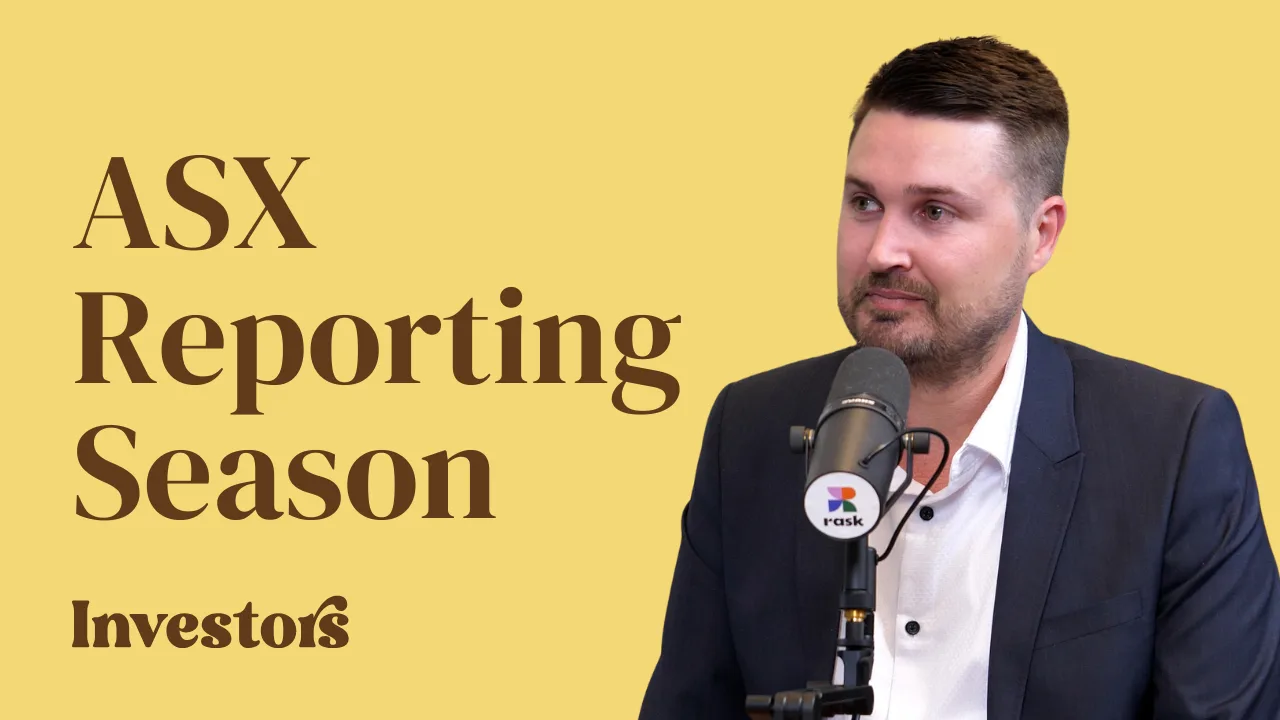The Betashares Australia 200 ETF (ASX: A200) and Vanguard Australian Shares Index ETF (ASX: VAS) are two of the most popular Australian shares ETFs that might be worth digging into in 2020. Here’s what you need to know…
Video: what is an ETF?
Betashares A200 ETF
The Betashares A200 ETF provides exposure to the largest 200 Australian companies, based on market capitalisation. Instead of an index by the ‘usual suspects’, being MSCI or S&P, the A200 ETF follows the Solactive Australia 200 Index.
This is virtually the same thing as the S&P/ASX 200 (INDEXASX: XJO) since it also uses a market capitalisation weighting — meaning, the biggest stocks like Commonwealth Bank (ASX: CBA) or CSL Limited (ASX: CSL) get the largest part of the ETF.
As at the end of May, the A200 ETF had over $700 million of money invested (FUM) and the spread was pretty tight, which is a good thing. On top of that, A200’s management fee, taken out automatically by BetaShares, was a low 0.07% per year.
Alongside VAS, see below, this is one of the ASX’s lowest-cost ETFs. The average management fee (MER) across all of the ETFs covered by Best ETFs Australia is 0.5%, which is around $10 per $2,000 invested.
To learn more about the A200 ETF click here to access a free investment report.
Vanguard VAS ETF
The Vanguard VAS ETF provides exposure to the largest 300
Australian shares, based on market capitalisation, so there are around 100 more stocks included compared to A200. However, keep in mind the stocks between the top 200 and 300 largest (i.e. the smallest 100 inside the ETF) make up a pretty small part of the ETF’s weighting. That explains why the performance of the A200 and VAS ETFs, at 17.2% and 17.7%, respectively, have been pretty consistent.
At the end of May 2020, VAS’s FUM stood at $5.2 billion, so it’s a very established and stable ETF, which we like. Vanguard charges a yearly management fee (MER) of 0.1% for the VAS ETF, so on $2,000, it’s about a 60-cents per year difference compared to A200. In other words, pricing is pretty consistent!
If you’re weighing up the A200 or VAS ETF in a diversified portfolio, consider searching the full ETF list to compare fees and costs side-by-side. All things considered, I think both of these ETFs would be a good way for newer and established investors to get some exposure to Australian shares.
[ls_content_block id=”14945″ para=”paragraphs”]
Disclosure: at the time of publishing, Owen owns shares/units of the BetaShares A200 ETF.












